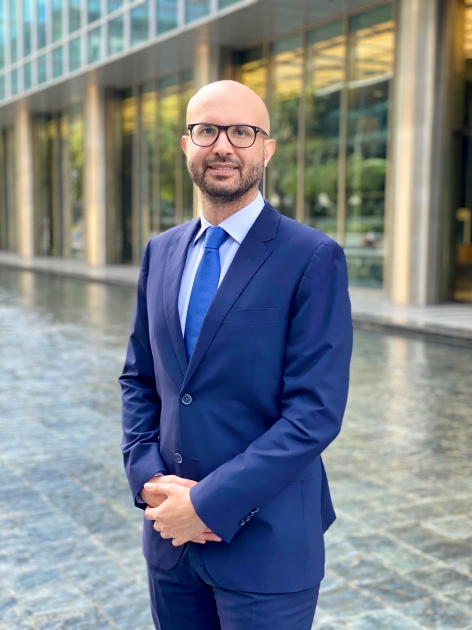
Almost half of UAE expats have no plans for financial security post-retirement
According to a ‘2020 UAE Security and Savings’ survey by global consultancy, Mercer, nearly half (45 percent) of expat employees in the UAE either have no plans to ensure an adequate standard of living after retirement or plan to work beyond the retirement age to ensure continued income.
The study further uncovered a lack of financial awareness among respondents with 61 percent reporting no long-term savings at all and 43 percent expecting their end of service benefits to meet their long-term financial needs.
Commenting on the results, Tarek Zouiten, Retirement Business Leader at Mercer UAE said: “With an increasing number of expats remaining in the region for longer durations and closer to retirement age, planning for retirement is becoming a more pressing issue. The number of expat employees in the UAE who are not prepared financially for retirement is very concerning. Employees must understand that the current end of service benefits are far from enough to ensure an adequate standard of living post-retirement. For instance, under the current programme, serving a company for 25 years will only provide two years of basic salary, however, an average person will need 12 times their total salary to maintain a decent standard of living post-retirement. Ensuring UAE expats are better prepared for post-retirement challenges will require a fundamental mind shift among employees which can be achieved with financial education and progressive regulations like the DEWS recently employed in DIFC”.
The study, which surveyed 50 senior decision makers and 500 workers based in the UAE, was conducted to gain a better understanding of the financial concerns and needs of employees in the country and provide an insight into the range of benefits that workers currently have access to through their employers. According to the report, only 24 percent confirmed access to pension or saving schemes with their current employers. Furthermore, four out of five employees perceived a lack of concern from their employers about their financial wellbeing, resulting in lower satisfaction and loyalty levels. The Mercer survey also found that 99 percent of UAE employees expressed the need for improved savings and investment benefits, while 81 percent claimed they would be less likely to leave their current employer if they were offered such benefits.
Although employers recognise the importance of offering enhanced benefits, the key impediments include the belief that employees are better off making their own financial decisions and the lack of resources to manage such benefits. UAE employers also continue to view tax-free salaries, medical insurance and enhanced end-of-service benefits as the top employee benefits.
“Assisting expats with financial advice, education and tools to help ensure they can enjoy the same quality of life attained here when they return to their home countries may generate good will, help build loyalty and ultimately ensure longer in-country tenure. The UAE government also has a key role to play in further educating the public on the importance of savings and encouraging employers to adopt incentives that encourage the right behaviors within their workforce,” added Mr. Zouiten.
From a targeting perspective, the survey found that expats who have been in the region for seven or more years and plan to stay for another seven or more years may be more receptive to the concept of holding long-term savings and investments in the region. This group is more likely to belong to the Gen X cohort and married with children and therefore have greater reason to plan ahead. The workers surveyed expected to retire at an average age of 57.2 with 54 percent expecting to retire between the ages of 55-64.
Mercer recently partnered with DIFC as an Investment Advisor in the launch of the DIFC Employees Workplace Savings Plan (DEWS) introducing a progressive end-of-service benefits plan to restructure the currently defined employee benefit plan into a funded and professionally managed, defined contribution plan. The initiative also offers a voluntary savings plan, allowing employees working in the DIFC to secure their financial future with ease.
###
About Mercer
Mercer believes in building brighter futures by redefining the world of work, reshaping retirement and investment outcomes, and unlocking real health and well-being. Mercer’s more than 25,000 employees are based in 44 countries and the firm operates in over 130 countries. Mercer is a business of Marsh & McLennan (NYSE: MMC), the world’s leading professional services firm in the areas of risk, strategy and people, with 76,000 colleagues and annual revenue of $17 billion. Through its market-leading businesses including Marsh, Guy Carpenter and Oliver Wyman, Marsh & McLennan helps clients navigate an increasingly dynamic and complex environment.


























